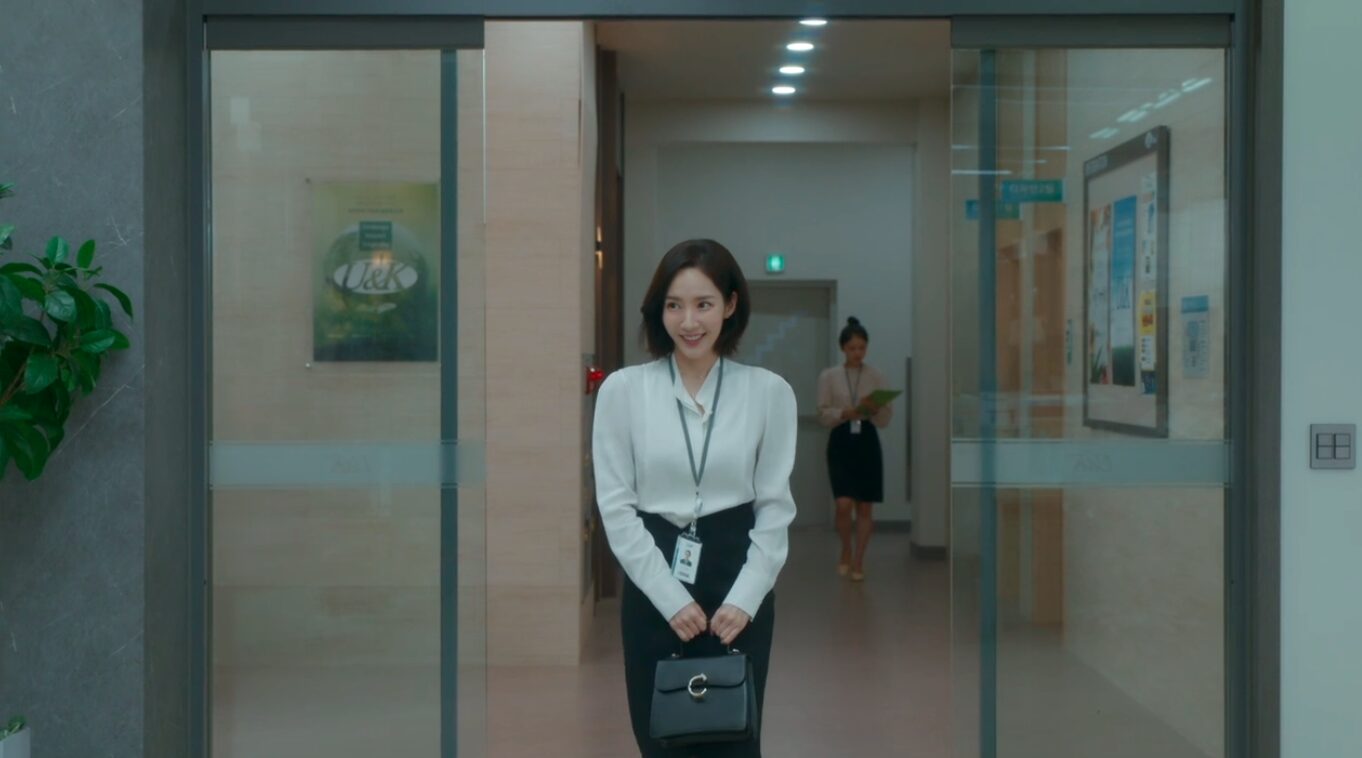What Forest of Secrets’ Hwang Shi-mok and his damaged brain tell us about the inevitability of corruption
Forest of Secrets (Stranger) is now winding up its second season on Netflix. As deft, as powerful, as nuanced and as intelligent as its first season, Forest of Secrets remains the pinnacle of Korean crime television. And while it explores many ideas around cronyism, bullying, hierarchies, and the delicate balance between the letter and spirit of the law, it’s main focus is on corruption. What causes it, how it flourishes and what we can do about it.
For season 2, the production team has drawn out imagery about justice being a dim light in a thick fog. The quest for justice, it says, is exhausting and neverending – like having needles in your feet as you drag yourself forward.

But while the show may seem like an intellectual or philosophical exercise – and in some ways it is – some of the most powerful scenes centre around our main protagonist, the prosecutor Hwang Shi-mok, and his acquired brain injury.
We cannot rule those who want nothing
– Korean adage
When we meet Hwang Shi-mok back in the show’s first season, it’s through a series of flashbacks that show his surgery as an early teen. With an over-developed brain that’s extremely sensitive to sound, he responds violently to loud noises and his doctors decide to perform a partial lobotomy. He no longer feels pain but that’s because he now feels nothing.
Or does he?

To classify Shi-mok as unfeeling is to misunderstand the nature of his injury – a mistake made by people who meet him for the first time. It’s more accurate to say that his brain is no longer able to process the emotions he has. His body still feeds chemical and electrical information to his brain but that organ no longer knows how to process that information properly.
This means Shi-mok no longer has any discernible wants, needs or preferences; whether for food, sex, money, status, recognition, inclusion or the million other things that humans want in their daily lives. But he is no sociopath. He understands that other people have feelings and he cares about those feelings. He’s not interested in aping them or in fooling anybody. Sociopaths want to manipulate and dominate. Shi-mok doesn’t want that anymore than he wants wealth or social status.
Throughout the show’s two seasons, characters frequently offer Shi-mok things to manipulate him or use status, rank or violence to threaten him. All of these attempts fall into a void. Shi-mok wants nothing but to do his job.

As a viewer, the most disquieting aspect of Forest of Secret’s first season was the growing realisation that corruption isn’t caused by people being evil or venal or naturally avaricious. It’s caused by people having connections, relationships and obligations. It’s something that builds out of the normal interactions we have as human beings. It is thus human. We are all corruptible.
In the first season, we were taken through a journey of the corruption of Lee Chang-joon, the Chief Prosecutor that was the season’s antagonist (or anti-hero, depending on your perspective). Lee Chang-joon was a bright, upright and virtuous prosecutor who found himself slowly succumbing to corruption throughout the years. In the end, both he and the system he served were riddled with it.
Had our society been moderately corrupt I would’ve ignored it… The corruption in our society is no longer just a malaise. It’s killing people
Lee Chang-joon
This writer now has 32 episodes devoted to one central contention: corruption cannot be eliminated because it is grounded in being human. The only incorruptible person is the one who wants nothing from life.
But does this require a severe brain injury? Thankfully our writer is here to tell us it doesn’t. As well as Hwang Shi-mok we also have Han Yeo-jin, a dedicated police officer who has warmth and emotional intelligence and is a perfect foil to Shi-mok’s (outwardly) robot persona. But as someone who just wants to be a good police officer, Yeo-jin shows that we too can be incorruptible. It just might take a bit more hard work.

Forest of Secrets is available to stream on Netflix




I will follow this writer anywhere.
Me too, she’s amazing
A nice take on our hero. We have those fabulous moments in the stairwell and then where Han Yeo-jin says to Choi-bit: “you sound just like my grandmother,” contrast the whole situation even further regarding putting a human face on everything that is going down.
As for corruption, and with some quite simple thoughts here, it is an interesting, and very human beast. Some things can be stretched in the private sector that cannot be flexed in the public domain. What we see here is that they are given equal weighting. When there is a struggle of conscience, it doesn’t seem to take long to reach a conclusion regarding a corrupt course of action (I like the use of the eastern office – is that a mirror of the “corrupt” eastern side of the palace 😂).
I know that when the next two episodes are completed I will be looking for the next set of episodes to tune into. I will need to remind myself that, if a third season happens, it will be some time off, yet.
This is absolutely insightful and I love the thoughtful analysis! Thank you 🙂